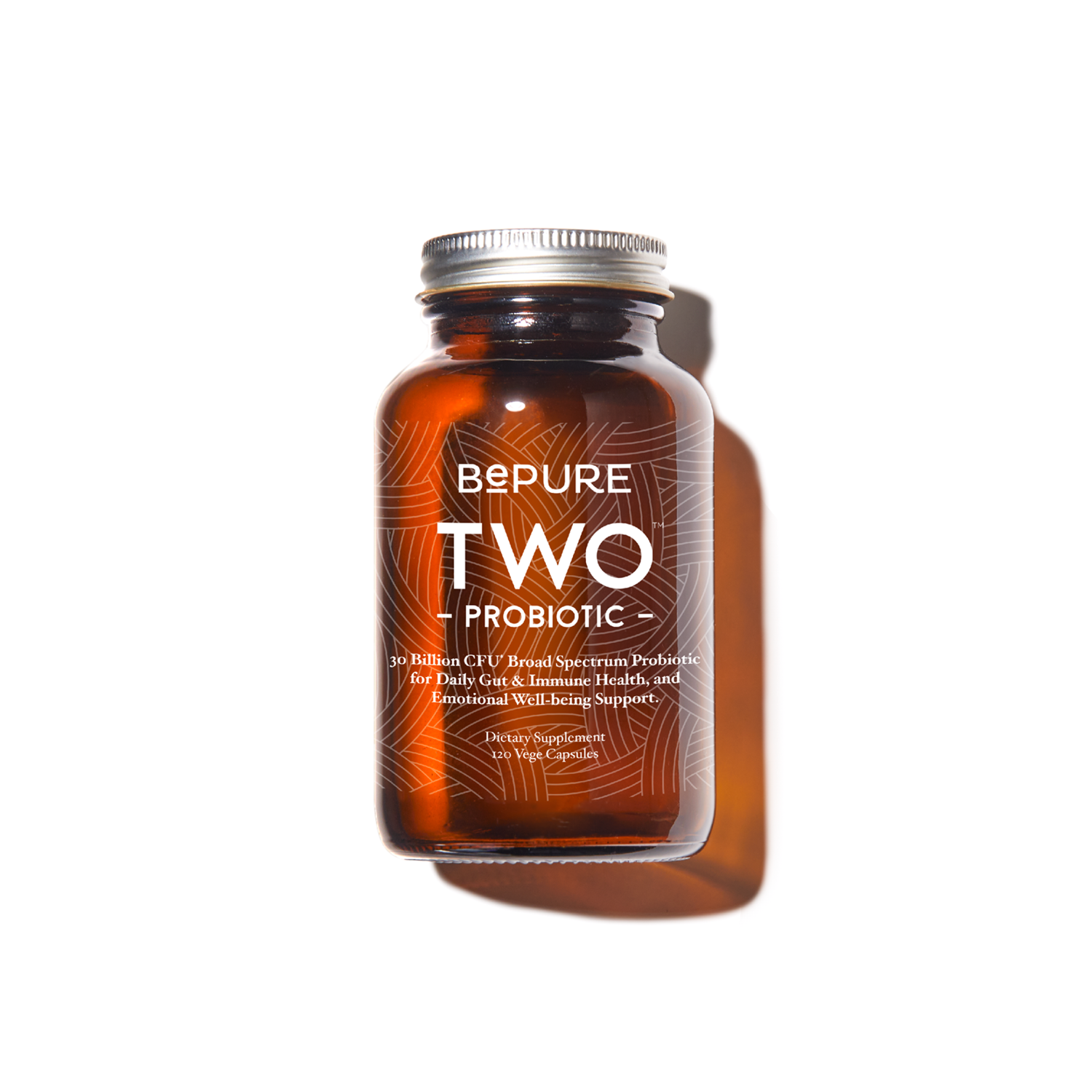If we count on our hands all the diets we’ve been told are “the one” over the years we may run out of fingers. Low carb, high fat, no sugar, paleo, keto, atkins…for decades we’ve been told by the diet industry that this next one is the one that works. And, maybe for some they do work, but the thing with diets is that they’re not all created equal because we aren’t all created equal.
What if we told you that the diet that’s best for you depends entirely on you. Everything from your genetics and your lifestyle, to your gender and stage of life? Because we are all unique in both our biochemical make-up (basically how our bodies function internally) and in the way we live our lives, then it makes sense that there’s no one size fits all approach to diet.
Some people respond well to low-carb diets, others feel energised with a lot of meat and vegetables. And how we eat when we’re 20 might be completely different to how we eat when we’re 65 (and maybe once or twice in between). So once we know what works for us, we can remove the guesswork and we are one step closer to feeling our best, every day, and equipped with the knowledge needed to make choices that work for us.
Genetics, lifestyle, gender, and stage
We know that we get our genes from our parents - 50% from mum, 50% from dad - so we can’t even necessarily follow what works for them! Our genetic make-up determines, more than any other factor, what food we thrive on. And what we thrive on depends on the macronutrients that make up each food.
Protein, carbohydrates, and fats are the three main macronutrients and the ones we are focusing on here. We need all three throughout the day but what will change, depending on the factors discussed below, is the ratio we each need.
Let’s talk about those factors:
Lifestyle: The more active we are and the more time we spend working will reflect what macronutrients best suit us. For some, not having the right mix of protein and carb can lead to brain fog or the dreaded 3pm slump. Additionally, if we are very active people, we will want to include some carbohydrates for fuel - especially if we are participating in endurance sports like running, swimming, and rowing.
If we focus more on muscle-building exercises like weight-lifting bodyweight workouts, then eating protein after those sessions can greatly assist muscle protein synthesis - feeding and repairing our muscles.
Gender: Men and women have different dietary needs because we have different predominant hormones. Women’s predominant hormones (oestrogen and progesterone) fluctuate with their cycle and therefore, are more sensitive to carbohydrate and calorie restriction than men. Women do best when their food intake and exercise output are balanced.
Men’s predominant hormone is testosterone and the levels are largely the same day-in-day-out. Having an abundance of testosterone means they respond well to myriad diets including fasting, carbohydrate restriction, and lower protein intake.
Stage: The stage of life we are at also plays a determining role. For example, those going through menopause often find that adding more protein to their diet suits their exercise, weight, and mood needs.
We tend to require more protein the older we get as we don’t hold onto our muscles as easily and it also helps support immunity, skin health, and healing from illness.
Protein is also important for those who are pregnant but some studies show that vegetable proteins may be a better option due to the lower levels of saturated fat and cholesterol and because some types of fish and meat are not recommended during pregnancy, plant sources are sometimes preferred during pregnancy.
Balancing our blood sugars
Our blood sugar spikes when we have too much glucose (sugar) in our bloodstream.
When we eat, we break down food into its macronutrient parts. So, if we ate a hotdog, the carbs in the bun would be broken down into glucose, the protein from the hotdog would be broken down into amino acids, and the butter (fat) on the bun would be broken down into lipids or essential fatty acids.
Our body’s response to eating is to release insulin which allows our body to turn food into energy. If we don’t have enough insulin, or our body is resistant to insulin, the glucose just sits in our bloodstream instead of where it’s needed - our cells.
Generally we need the most insulin for carbs, less for protein, and even less for fats. But, on a more accurate level, the amount of insulin we produce for each of those macronutrients will depend on what foods are best for us as individuals - based on the factors above.
Long-term, elevated blood sugar levels can lead to diabetes, obesity, and problems balancing blood sugar levels easily. Short term, it can make us tired, have difficulty sleeping, irritable, and also make us hungry again a short time after eating so keeping them balanced helps us in myriad ways.
How do we know what macro ratio is best for us?
There’s a simple way we can see if what we’re eating is serving us. Follow these steps and take a note of the results.
- Check in on what’s on the plate: Write down what’s in your meal for breakfast, lunch, and dinner and which of those ingredients are carbs, proteins, or fats.
- See how long you stay full: Write down what time you eat each meal and then what time you start to feel hungry again.
- Note how you feel after eating: Do you have an energy spike then crash? Do you immediately feel sluggish? Do you feel energised and clear in mind?
In a nutshell, the best macro ratio is the one that leaves us feeling fullest the longest and our energy stable.



